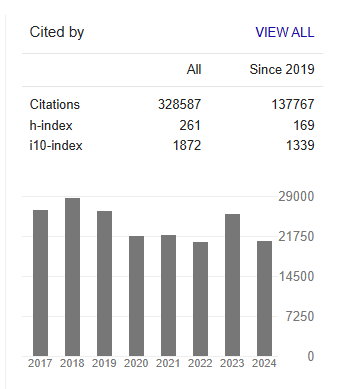The Thermodynamics of Cosmic Gases in Expanding Universes Based on Vlasow Theoretical Grounds
Abstract
Hans J. Fahr
Contemporary cosmology is taking for granted that before the phase of matter recombination matter and radiation were in perfect thermodynamic equilibrium. This would mean that protons in this phase of the universe are described by Maxwell distributions and photons are described by a Planckian black body law. When looking, however, a bit deeper into the kinetic theory of the physical processes close to and just after the recombination phase of electrons and protons, it becomes evident that in a homologously expanding universe proton distribution functions will not maintain their Maxwellian profile and connected with it, that their most relevant velocity moments, i.e. their density and their temperature, vary in an unexpected nonclassical, non-adiabatic manner. As consequence of that, in contrast to the classical view, the entropy of free atoms does change with cosmic time contrary to the standard thermodynamically expectation. We shall also demonstrate here that the realistic behaviour of cosmic gases in this phase and later depends on the specific form of the Hubble expansion of the universe, especially an accelerated expansion phase as is discussed nowadays will strongly influence the thermodynamics of the cosmic gas.



